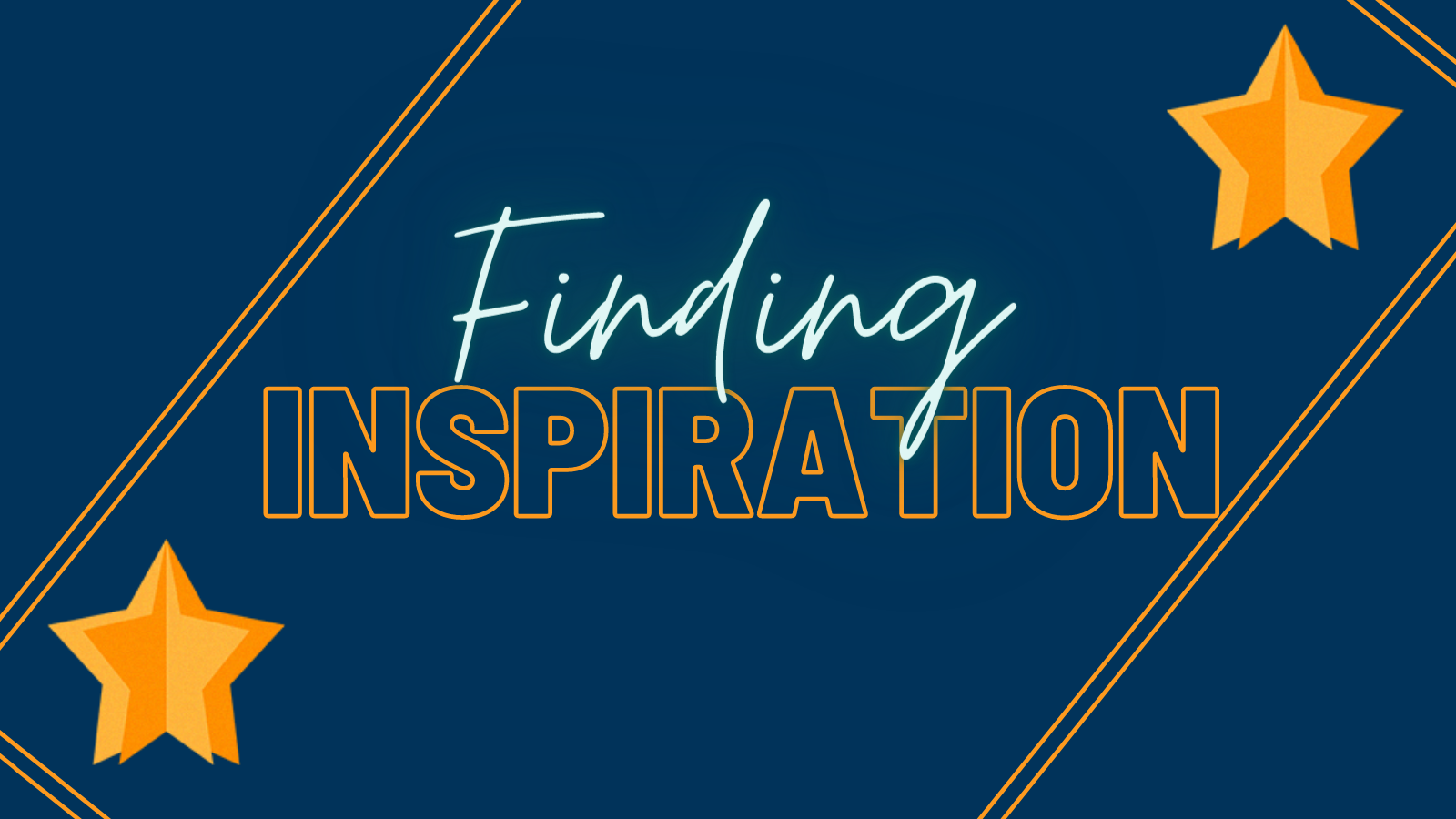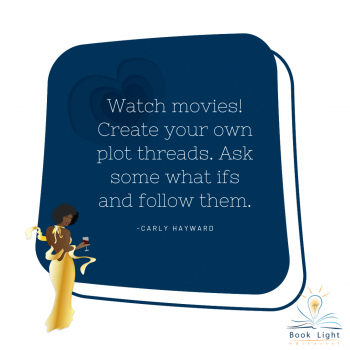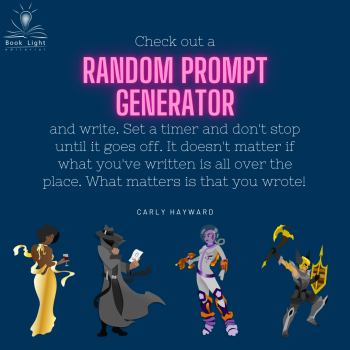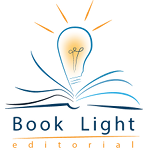
Hey there writers! Thanks for joining us for the recap of this month’s writing tips. August was all about finding inspiration. It might be that you’ve tapped your well and find yourself stuck or you’ve finished one project and don’t know what to do next—either way it can be tricky to get inspired.
Now, let’s break it down to some tips we hope will help:
- Go on an adventure. Check out places like art museums, art parks, a forest you’ve never gone to, or really any place that’s new. Notice what you see and if anything is missing. Ask yourself as you wander around, what would happen if….
- Try out a picture prompt or two. They can be a fun way to get your creativity flowing. Even if it’s scenes from a novel you're working on, scenes that aren’t connected to anything, or short stories, it all helps with building your writing skills and getting you into a creative mindset. There are many great free stock photo websites like Pexels, Pixabay, and Unsplash with varieties of pictures to choose from. Find one and write for 10 minutes, or 20, or whatever your heart desires, and see where it takes you.
- People-watch. The world is opening up again (at least a little bit). If you’re comfortable with it, go to a place with people around—the zoo, café, a park, anywhere you can be around others. Listen to what they say, how they say it. Watch their body language—what does it communicate to you? Write it all down in a notebook or on your phone. Wonder about where they might go from here or make up a story about it in your head (or write it down).
- Music is pretty amazing. We’ve all got a favorite artist or two or an album we absolutely love. Try listening to your favorite—but do so intentionally. Notice how the music makes you feel emotionally, physically, and mentally. Write it down—having that archive of feelings could help you with a current project where you might be stuck or bring you a little closer to a character that’s been at the back of your mind eager to be written.
- Create! But not in writing. That’s right. Do something creative outside of writing. Paint, color (there are coloring books for adults nowadays!), cook, try out pottery or knitting, gardening—anything that’s using your body and mind differently than writing does while still allowing you to be creative. The best part? Whatever you might do, it doesn’t have to be perfect. The important part about this is the act of trying.
- Read (huge surprise, right?). Yup, reading can help with fueling your inspiration too. Read a favorite book, or a book in your genre you’ve heard some amazing things about. Or, dare we say it, a book that’s the exact “opposite” of your genre. Read different age categories too. See how similar situations are approached differently because of those age categories. Overall, what do you notice? What can you learn from what you’ve read and how can you use it in your own craft? Take a favorite (or least favorite!) character and imagine a story around them.
- Rest. Everyone has times where they need to breathe. Where they need to rest to recharge. Some people’s recharge rates are faster, some slower, regardless of where you land in that know that it’s ok. You aren’t a failed writer if you need to rest, nor a bad one, simply an exhausted one. And there’s nothing wrong with that or with you.


Thanks for stopping by and reading our tips for finding inspiration. Take care and write on!
We shared more tips on characters over the course of August so check them out on Twitter (@FromCarly) or Instagram (@BookLightEditorial)!
Next month’s theme is Finding Your Routine. Tune into Instagram and Twitter for helpful tips on writing characters that feel real. See you in September!

